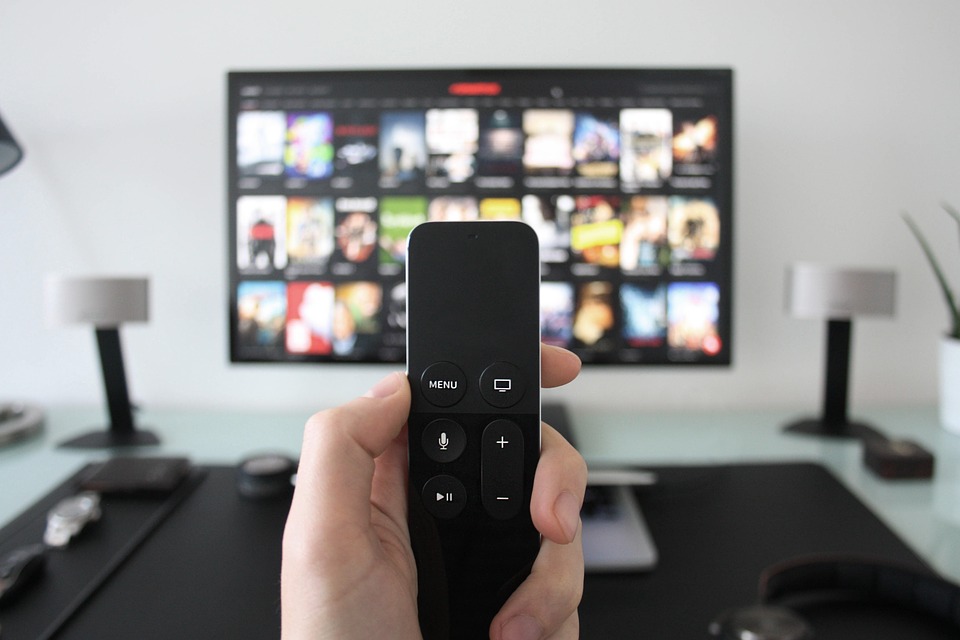I hate gender roles. Growing up I was hardly a figurehead for masculinity, resulting in regular snide questions about my sexuality and overall virility. To me, it seemed absolutely backward: was it not simplistic and insulting to impose a set of rigid characteristics upon a particular gender? To my discredit, my opposition hardly ever extended beyond this rudimentary musing, save the occasional derisive indignation at a comment about the ‘correct’ roles of men or women. I am ashamed to admit I fell into the common and ignorant trap of assuming that, as I unknowingly grew into more masculine interests, the resulting kinder and more accepting attitude from those around me reflected a wider, progressive societal shift: the old reliable fallacy of ’if it isn’t happening to me, then it doesn’t exist’.
The proposal of Italian channel Rai to create separate, gender-based channels thus took me by surprise, serving as a harsh jolt back to reality. To be clear, I am not repudiating the existence of biological differences between men and women. To do so would be disingenuous. But to accept the existence of biological differences is not to accept that they have appropriately and accurately manifested themselves within society. What a myriad of sources, Rai being a prime example, do in regard to gender roles is magnify averages into an absolute: ‘men tend to be x than women’ turns into ‘men are x than women’. Take Rai’s response to the backlash: ‘This controversy is ridiculous. There are lots of channels that are targeted according to age and gender. Take, for example, the film Rambo. It’s obvious that this would appeal more to a male audience’. Now, there doesn’t seem to be anything factually wrong with this statement. Men are probably more likely to enjoy the violent, over-masculine thrill-ride that is Ted Kotcheff’s Rambo. This doesn’t, however, mean that no women would enjoy it. Yet the explicitly exclusive nature of the channel intentionally locks them out, chastising them from enjoying something traditionally masculine, with the reverse being true for men interested in content on the proposed women’s channel.
This is the main problem with gender roles: they reinforce and exacerbate stereotypes. Even if a biological difference between men and women is as minute as one can imagine, perhaps an average 51-49 split, the absolutism employed by Rai means that the characteristic in question will be expected of the former and derided in the latter.
Gender roles also act as the bedrock to a trans-exclusive narrative that infests the minds of those that peddle discrimination. If they don’t transition, they are derided for having the ‘wrong’ interests and characteristics assigned to their birth gender. If they do, they are ridiculed and mocked for expressing that which was previously socially unavailable to them. Regardless of either choice, as long as gender roles have a stranglehold over our sensibilities and mindset, transgender people lose. And if trans people lose, we all do. Our path to inclusivity is marred and cracked as long as channels like Rai continued to reinforce exaggerated differences between the sexes. I get Rai’s actions, and I get their defence. As I say, there are biological differences between the sexes, and it requires a paradoxical refrain from acknowledging these differences too regularly in order to stop them devolving from averages to absolutes in the popular consciousness. Arguments like this, therefore, need to be regularly made, lest we stray back onto the path of harmful, exclusive traditionalism.
Alfie Coulstock-Cockeram

